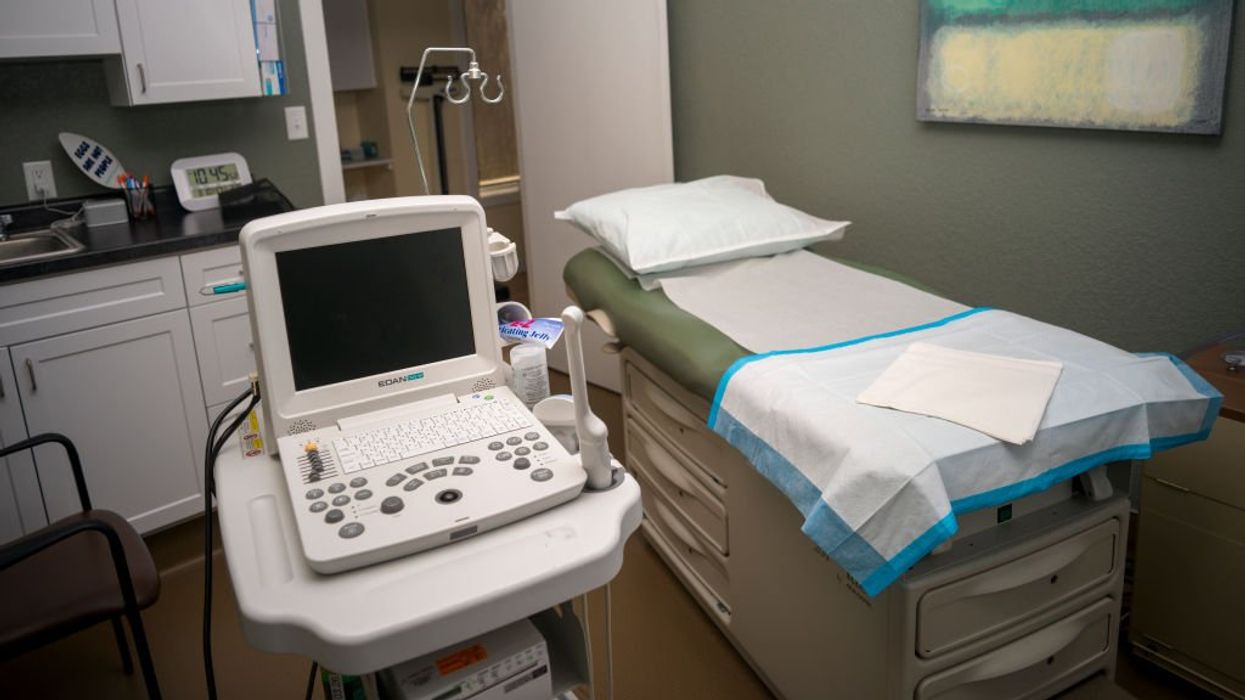After the U.S. Supreme Court overturned Roe v. Wade, 93 prosecutors from 29 states vowed in a statement that they would not pursue abortion cases. In return, 17 states have attempted to pass laws curbing prosecutorial discretion, a legal principle that has existed since the United States’s founding.
On average, more than a quarter (28%) of cases are dismissed by prosecutors for various reasons, including insufficient evidence, constitutional violations, procedural errors, lack of resources, more pressing priorities, or negative public opinion. Prosecutors are public servants, propelled to power by the people, committed to justice. They make decisions based on the tenets of their position.
Prosecutorial discretion grants elected district attorneys the authority to decide whether to prosecute and which charges to file. As a cornerstone of representative democracy, this discretion allows prosecutors the freedom to delegate limited criminal legal resources to certain crimes and, subsequently, not to pursue others.
Discretion isn’t a get-out-of-jail card. Prosecutors have responsibilities to their constituents, laws, and the Constitution. District attorneys are voted into office, and if their policies fail to resonate with voters, communities will elect new leadership. However, elections aren’t the only way to curtail abuse. District attorneys are subjected to civil lawsuits and criminal charges for constitutional violations by the state bar and district judges.
Discretion determines the will of the people. It signals to prosecutors how they should allocate their attention. Residents choose to elect prosecutors based on their values. Some will vote for a prosecutor who won’t pursue low-level drug possession, shoplifting, and, beginning in 2022, abortion.
While state legislators enact laws, the decision rests with the prosecutors. Just because something can be prosecuted doesn’t mean it should. Prosecutors promote justice, efficiency, and public safety. If pursuing a case doesn’t align with these principles, they can choose to dismiss the case. In states with court backlogs and overcrowded jails, prosecutors will prioritize violent crimes. Exposing people to the carceral system doesn’t make jurisdictions safer. It unhinges families, increases unemployment, and pushes people further into a system.
Retaliating against prosecutors isn’t just petty; It’s upending the separation of powers. Florida State Attorney Andrew Warren was suspended from his office by Gov. Ron DeSantis in August 2022, after he signed the pledge stating his refusal to prosecute abortion-related cases. He, a man who was voted for by over 300,000 Floridians, was ousted from office and embroiled in a two-year legal battle by one individual for exercising his rights as a prosecutor and his First Amendment right as a U.S. citizen. The case was dismissed, but for those two years, Warren was unable to do his job. When the Supreme Court overturned Roe v. Wade, it handed the power to regulate decisions on abortion and bodily autonomy to individual states. They wanted to reduce the oversight of the government. Yet, when cities and counties decide to pursue cases based on the sentiments of their constituents, they are instead met with threats to be removed from office. Why can’t elected officials prioritize what their residents want in a country that prizes democracy? Many of the prosecutors facing threats from state officials were elected into office after signing the 2022 statement against pursuing criminalization of abortion cases.
Six states have passed laws to curb the autonomy of prosecutors, with Texas passing a bill to remove elected prosecutors from office: a violation of the state’s own constitution. Imagine a prosecutor drops a case against a doctor for performing an abortion because the evidence shows it was a life-saving procedure, and as a result, the prosecutor is penalized. This will only ensnare doctors and elected officials in a legal battle funded by taxpayers to determine what their constitutions already knew and already voted for: that the prosecutor used their discretion wisely.
This discretion protects people. It ensures prosecutors are intentional about the cases they choose to pursue. It guarantees they have valid evidence before filing charges. When prosecutors exercise their discretion, they’re ensuring a case has probable cause before moving forward. If we undermine this principle, we chip away at necessary constitutional freedoms, starting with the Fifth Amendment.
You bestow prosecutors that power. As a citizen, you have the right to make your voice heard. In many states, prosecutors face trials before removal from office. Call the courthouse, email the judge, send a scathing tweet. They’re using abortion as the Trojan horse to dismantle the Constitution. Don’t let them do it.
Farah Merchant is a fellow of the OpEd Project with the National Latina Institute for Reproductive Justice and the Every Page Foundation.




















Trump & Hegseth gave Mark Kelly a huge 2028 gift